Imagine this: Five years from now, you’re standing in the middle of your thriving tree farm. The fast growing timber trees you plant today can be towering giants, ready for harvest, and buyers are lining up.
Timber trees are fast-growing and can be harvested for their wood, bark, and leaves. Their high biomass makes them profitable for commercial timber production. You will grow those tree species to harvest and sell them in a few years. You can thin them in 3-4 years and sell mature electric and fencing poles. In 10-30 years you can harvest some of the best timber to make the most expensive furniture in Kenya.
In this post, we give you a list of the best timber trees in Kenya that can give you fast money. They include softwood and hardwood trees.
Best Softwood Trees in Kenya
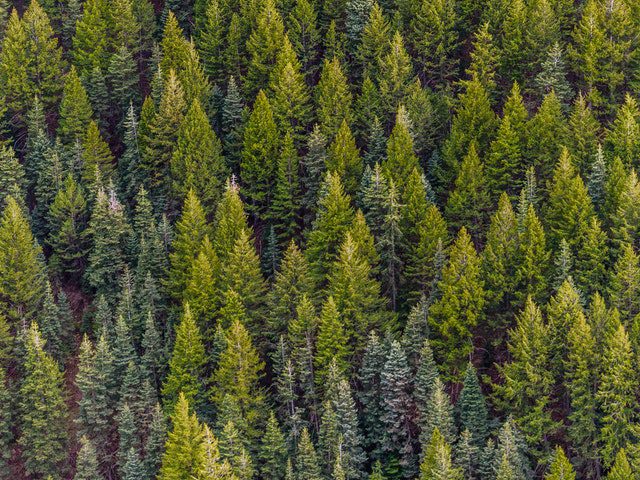
Did you know that some softwood trees in Kenya mature twice as fast as hardwoods and offer steady profits? Yet, many farmers struggle to choose the right species. Here’s how to grow the most profitable softwood trees for timber and construction
Read Next : Most profitable fruit trees to grow in Kenya
Softwoods come from coniferous species and other exotic tree species in Kenya They grow quickly and the wood is lighter, has coarser grain, and is not as strong as most hardwoods.
Softwood is a type of wood derived from gymnosperm trees, such as conifers, and is characterized by its open and porous cellular structure. This wood type is lighter in weight and less dense than hardwood, making it easier to cut and work with. Softwoods are commonly used in various industries, including construction, furniture making, and paper production.
Examples of indigenous softwood trees in Kenya are the cedar, cypress, and pine, while exotic species such as cypress, fir, and wattle
| Tree Species | Scientific Name | Uses | Notes |
|---|---|---|---|
| Cypress | Cupressus lusitanica | Timber, building poles, paper pulp | Prone to aphid attacks. |
| Pine | Pinus radiata | Furniture, posts, fuel, charcoal | Fast-growing, versatile uses. |
| Cedar | Cedrus spp. | High-quality timber, ornamental | Long maturing period, excellent windbreak. |
| Wattle | Acacia spp. | Fencing, furniture, construction | Fast-growing, improves soil fertility. |
| Fir | Abies spp. | Construction, carpentry, Christmas trees | Requires proper spacing and disease control. |
| Casuarina | Casuarina equisetifolia | Soil stabilization, windbreaks, firewood | Thrives in sandy and coastal environments. |
| Spruce | Picea spp. | Construction, carpentry, paper pulp | Known for its fine-grained wood. |
| Larch | Larix spp. | Construction, fencing, furniture | Resistant to decay and insects. |
| Douglas Fir | Pseudotsuga menziesii | Construction, carpentry, plywood | Fast-growing, versatile uses. |
| Redwood | Sequoia sempervirens | Construction, furniture, landscaping | Rarely cultivated in Kenya due to climate. |
Cypress tree
Cypress tree farming in Kenya is one of the most lucrative agribusiness ideas. It is best planted for timber, building poles, and industrial use to make paper pulp. The trees grow to a height of 40 m and you can use its pruned branched for firewood. Besides you can plant it on the fence to make well well-manicured life fence.
Pine
Pine trees in Kenya are one of the most valuable trees for commercial tree farmers. The whispering or whistling pine tree is commonly known as the Casuarina equisetifolia.
It is one of the fastest-growing commercial trees in the country. It is grown for its fencing posts, fuel, and charcoal. Its other commercial uses are furniture, posts, fodder, mulch (the dry pines), soil stabilization, tanning, dye, construction poles, and, landscaping and boat building.
Cedar
The Cedar trees have a longer maturing period than other exotic trees listed in the article. They are suitable for afforestation. It has high-quality timber and posts. As one of the best ornamental trees, you will better plant them lining the driveway and fences. They have an excellent windbreak ability and are more suitable on large pieces of property to make a living hedge or fence. They grow fast and can be found in a wide range of climate zones of the country
Wattle
Wattle trees, part of the acacia family, are valuable in softwood timber production in Kenya. Besides their contribution to agroforestry systems, these fast-growing trees provide timber that is utilized in various applications, including fencing, furniture, and construction. As a farmer, incorporating wattle trees into your softwood timber plantation involves managing their rapid growth through pruning and proper spacing. Additionally, wattle trees contribute to soil fertility, making them a sustainable choice for timber production.
Fir
Fir trees, classified as softwood timber, are sought after in Kenya for their use in construction, carpentry, and the lucrative Christmas tree market. Characterized by their straight trunks and fine-grained wood, fir trees are ideal for producing timber suitable for framing and paneling in building projects. As a farmer interested in softwood timber, cultivating fir trees requires attention to proper spacing, soil conditions, and disease control to ensure a steady supply of quality wood for the construction industry.
Podo
Podo trees, scientifically known as Pterocarpus angolensis, are significant contributors to the softwood timber sector in Kenya. Indigenous to Africa, podo trees yield high-quality hardwood used in construction, joinery, and furniture making. As a farmer interested in softwood timber, cultivating podo trees requires careful planning, including proper spacing, pruning, and disease control. Investing in podo trees is a long-term commitment, but the high-quality timber they produce can contribute to both local economic development and sustainable forestry practices in Kenya.
Casuarina
Casuarina trees have slender, jointed branchlets that resemble the appearance of pine needles but are not true needles. Casuarina trees are known for their ability to thrive in sandy and coastal environments. They are often planted for soil stabilization, windbreaks, and as a source of firewood.
Best Hardwood Trees in Kenya
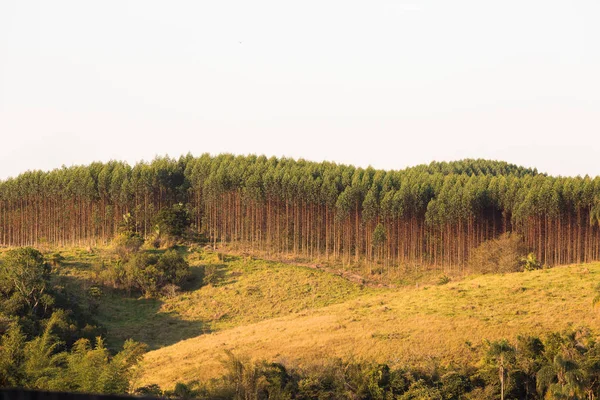
Hardwood timber, such as mahogany, teak, and mvule, is prized for its durability, strength, and diverse applications in construction, furniture making, and carpentry. Whether you’re a farmer, conservationist, or investor, understanding the best hardwood trees can help you make informed decisions. In this guide, we’ll explore top indigenous and exotic types of hardwood trees in Kenya, their uses, and how to grow them profitably
Cultivating hardwood trees requires careful consideration of factors like soil quality, spacing, and proper management to ensure optimal growth and quality timber production. Given the longer maturity periods of hardwood trees, farmers should plan for the extended investment timeline and employ sustainable forestry practices to contribute to both environmental conservation and the long-term economic viability of hardwood timber farming in Kenya.
The list below has the best types of hardwood trees in Kenya.
Here is a table summarizing some of the best hardwood trees in Kenya, including their growing or maturity period, height, and other relevant details:
| Tree Species | Scientific Name | Uses | Farmer Notes |
|---|---|---|---|
| Mahogany | Khaya anthotheca | Furniture, flooring, construction | Requires well-drained soils. |
| Elgon Teak | Pericopsis elata | Construction, furniture making | Resistant to termites and decay. |
| Mvule | Milicia excelsa | Furniture, flooring, construction | Slow-growing, requires well-drained soils. |
| Meru Oak | Olea europaea | Carving, furniture making, utensils | Known for attractive grain and strength3. |
| Eucalyptus/Blue Gum | Eucalyptus grandis | Construction, flooring, plywood | Fast-growing, high water intake3. |
| African Teak | Pterocarpus angolensis | Furniture, flooring, construction | Planted in Kenya, known for durable wood1. |
Eucalyptus/ Blue gum
Commercial tree farming is equated to growing the eucalyptus trees. It is the most popular tree in any region of the country that receives adequate rainfall. Eucalyptus hardwood is widely used in construction, including support beams, flooring, and plywood.
They are unpopular in dryer areas since they can cause aridity given their high water intake. The blue gum trees are very profitable given their many uses. The 3-5-year-olds are ready for firewood, poles, posts, and fencing. You can harvest the 8-15-year-old for electricity transmission poles and pulp. The older ones of 15-20 are best for timber. Eucalyptus wood is classified as a hardwood, renowned for its durability and versatility in various applications such as furniture making and flooring. Eucalyptus hardwood is widely used in construction, including support beams, flooring, and plywood.
There are several species of the tree that your farm, the most common ones are the grandis (Blue gum), saligna, globulus, paniculata, and camandulensis, and some hybrid species\
Mahogany
Mahogany, known for its rich reddish-brown wood, is a prized hardwood timber tree in Kenya. With excellent durability and resistance to decay, mahogany is extensively used in high-quality furniture, cabinetry, and construction. Cultivating mahogany requires well-drained soils and careful management for optimal growth. Its long maturity period is balanced by the high market demand for its valuable timber.
Elgon Teak
Elgon Teak, native to the Mount Elgon region, is a hardwood timber tree known for its strong and durable wood. Widely used in construction and furniture making, Elgon Teak is prized for its resistance to termites and decay. Farmers cultivating Elgon Teak should ensure proper spacing and consider its relatively faster growth compared to other hardwoods.
Mvule
Mvule, scientifically known as Milicia excelsa, is a hardwood tree native to East Africa. Its dense and durable wood makes it a popular choice for furniture, flooring, and construction. Mvule trees require well-drained soils and proper spacing for optimal growth. The slow growth of Mvule is compensated by the high-quality timber it produces.
Meru Oak
Meru Oak, also known as olive wood, is a hardwood timber tree valued for its attractive grain and versatility. Commonly used in carving, furniture making, and utensil production, Meru Oak is known for its strength and resilience. Farmers cultivating Meru Oak should ensure proper management practices for sustained timber production.
Camphor
Camphor trees, while known for their aromatic leaves, also provide valuable hardwood timber. The wood is used in cabinetry, carving, and essential oil extraction. Cultivating camphor trees requires attention to soil conditions and spacing. The aromatic qualities of camphor add an additional dimension to its appeal beyond its use as timber.
Grevillea
The Grevillea is the number one multi-purpose tree in Kenya. It is also known as Mukima or Mubariti tree
You can use its mature straight trunks for saw timber, firewood, and poles. Farmers can use it in agroforestry applications for animal fodder, bedding for livestock, and making compost fertilizer given its nutrient-rich leaves. Since the tree does not cause aridity, you can grow it for shade in tea and coffee plantations.
Grevillea robusta, commonly known as the southern silky oak, is a hardwood species found in Kenya. It is a fast-growing evergreen tree with a single main trunk, growing to 5–40 m (20–100 ft) tall. The bark is dark grey and furrowed. Its leaves are fern-like, 10–34 cm (4–10 in) long, 9–15 cm (4–6 in) wide, and divided with between 11 and 31 main lobes
By growing the Mukima or Mubariti tree, you can convert your $ 0.1 seedling into roughly $15 in a period of around six years. The Grevillea trees are ornamental and will give your homestead and perimeter fence a nice rich look.
Read Next: Which are the best ornamental trees in Kenya?
Conclusion
As an individual, business, or charity, you can plant commercial trees for profit. Besides, you can take place in the national tree planting days as a CSR activity to push for a high forest cover. You will make more money by adding the value of the trees. It can be by lumbering and making poles, timber, or firewood. Another method is selling seedlings.
FAQs on Timber Tree farming in Kenya
In Kenya, hardwood trees refer to trees that produce hardwood, which is denser and stronger than softwood. Hardwoods come from deciduous trees and are used in construction, furniture making, and carpentry due to their durability and strength. Examples include Mahogany and Mvule. Softwood trees, on the other hand, are typically coniferous and produce lighter, less dense wood. They grow faster and are used in construction, paper production, and furniture making. Examples include Cypress and Pine. The main difference lies in wood density, growth rate, and usage. Hardwoods are generally more durable and versatile.
Here is a table highlighting the differences between hardwood and softwood trees in Kenya:
| Characteristics | Hardwood Trees | Softwood Trees |
|---|---|---|
| Density | Denser, heavier | Less dense, lighter |
| Growth Rate | Generally slower | Generally faster |
| Tree Type | Deciduous | Coniferous |
| Examples in Kenya | Mahogany, Mvule | Cypress, Pine |
| Uses | Furniture, construction, carpentry | Construction, paper pulp, furniture |
| Durability | More durable | Less durable |
| Grain Pattern | More complex grain | Straighter grain |
The best hardwood trees for furniture making in Kenya include Mahogany, Mvule, and Melia volkensii. Mahogany offers a rich, reddish-brown color and durability. Mvule, also known as Iroko, is valued for its strength and resistance to rot. Melia volkensii, or Mukau, is highly durable and termite-resistant, making it ideal for high-quality furniture.
For furniture making, Pine and Cypress are popular softwood options in Kenya. Pine is fast-growing and versatile, while Cypress is used for its lightweight and easy-to-work-with wood. Both are suitable for various furniture applications, though they may require additional treatments for durability. They offer a cost-effective alternative to hardwoods for certain furniture pieces.
For durable outdoor furniture in Kenya, Mvule (Iroko) and Melia volkensii (Mukau) are excellent choices. Mvule is known for its strength and resistance to rot, while Mukau offers termite-resistant and durable wood, ideal for withstanding harsh outdoor conditions
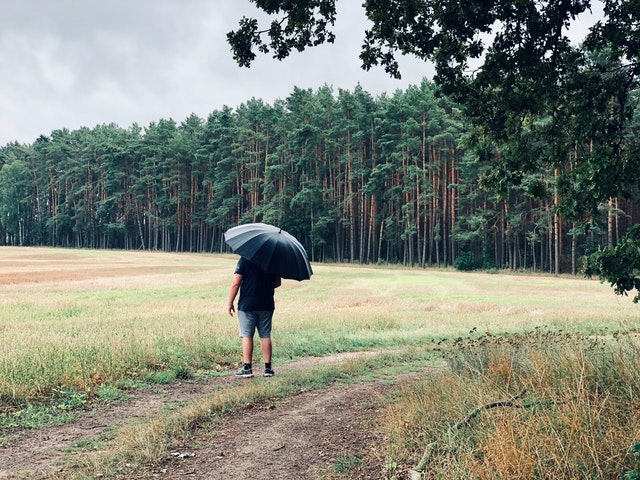
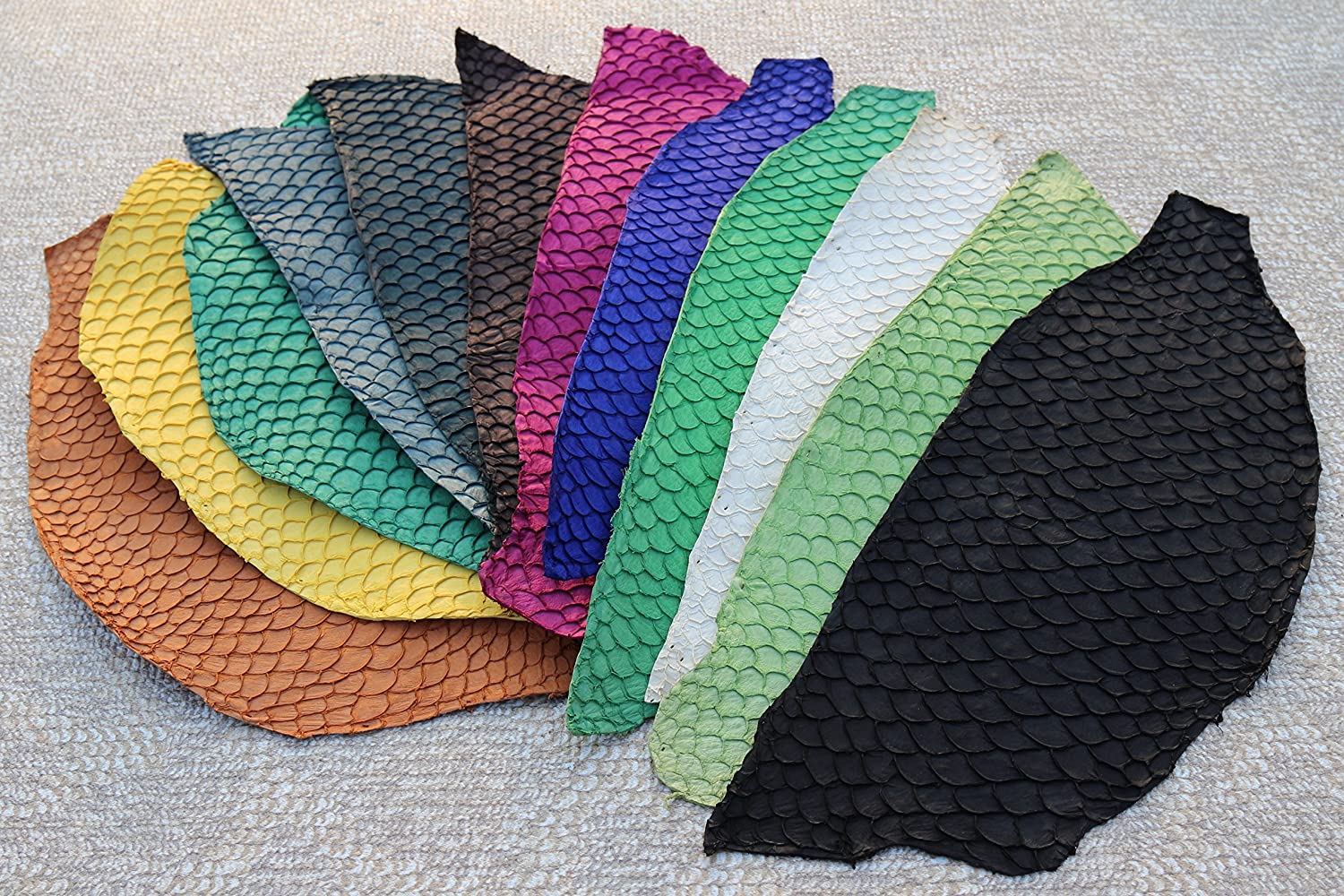
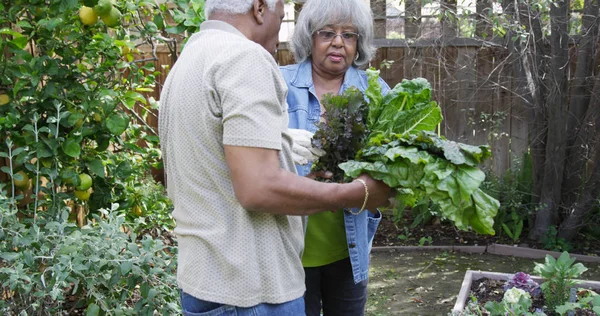
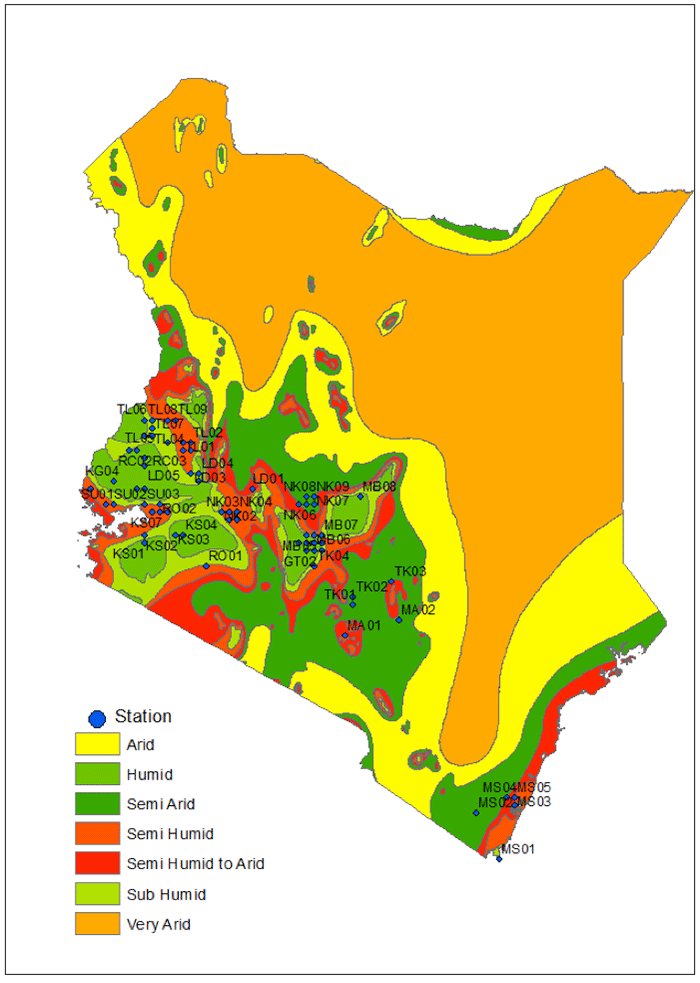
An insructive piece.